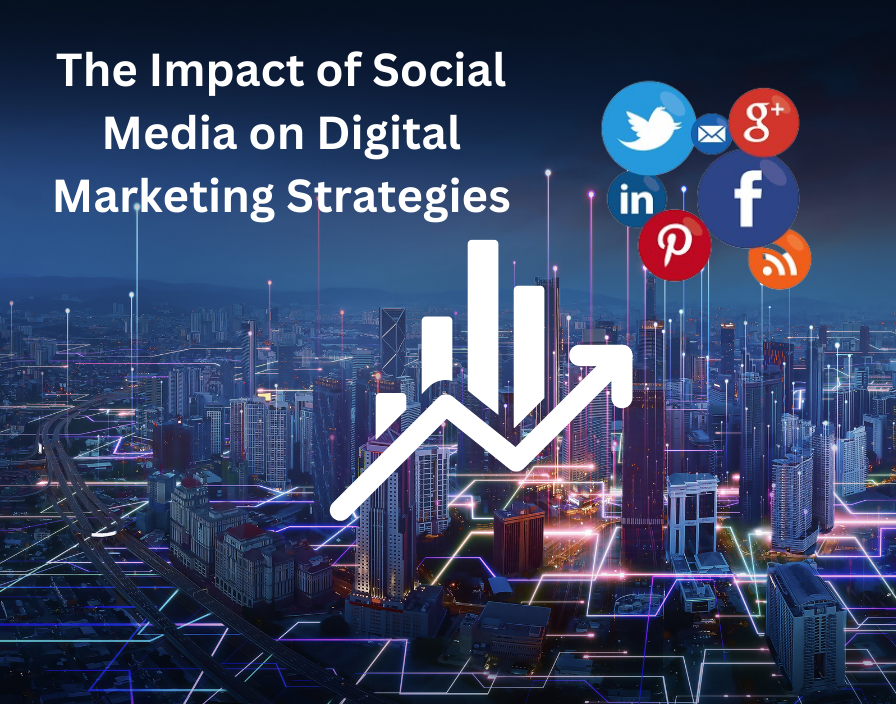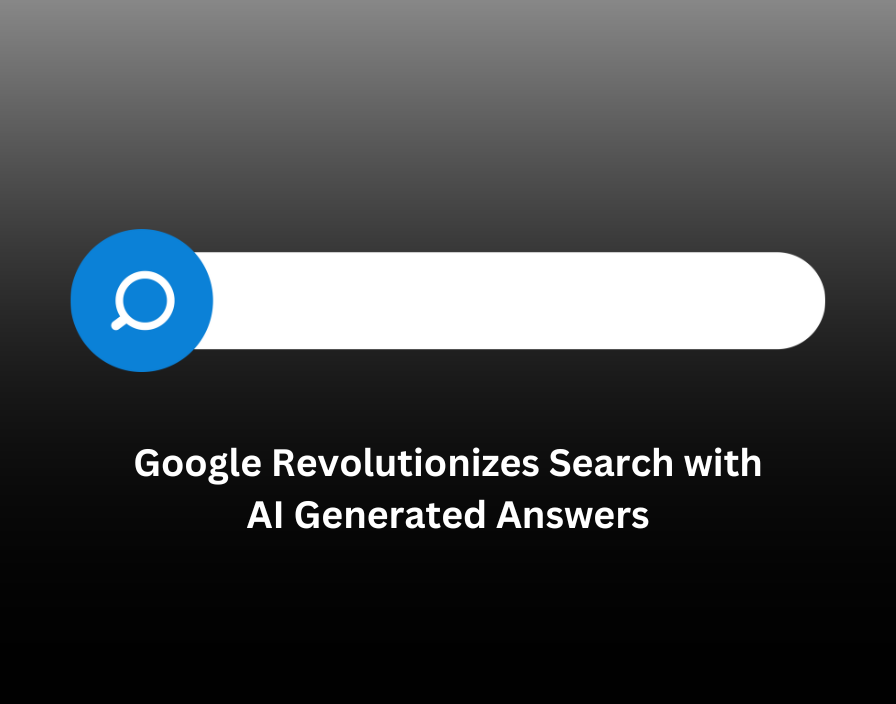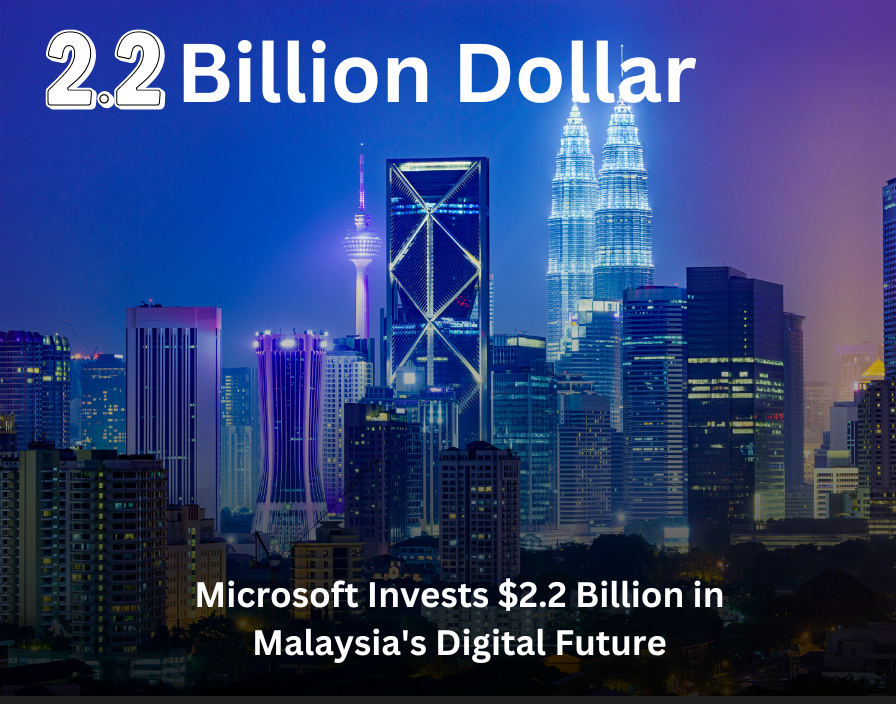The Impact of Social Media on Digital Marketing Strategies

In the digital age, where technology shapes the way we communicate and interact, social media has emerged as a game-changer in the realm of marketing. Its influence has transformed the strategies and tactics employed by businesses to engage with their audiences. In this blog, we delve into the profound impact of social media on digital marketing strategies and explore the myriad ways in which it has revolutionized the landscape of brand promotion, consumer behavior, and data analytics.
1. The Rise of Social Media: A Paradigm Shift in Communication:
Social media platforms have ushered in a new era of communication, transcending geographical boundaries and enabling real-time connections between individuals and businesses. The widespread adoption of platforms such as Facebook, Instagram, Twitter, and LinkedIn has created unprecedented opportunities for digital marketers to engage with their target audience directly. Unlike traditional marketing channels, social media allows for two-way communication, fostering meaningful interactions and building relationships with customers.
2. Consumer Behavior in the Age of Social Media:
Social media has fundamentally altered consumer behavior, empowering individuals with information, choice, and a platform to voice their opinions. Consumers now seek authentic connections with brands, valuing transparency, personalization, and relevant content. They rely on social media to research products, seek recommendations, and make informed purchasing decisions. Digital marketers must adapt their strategies to align with these changing behaviors, focusing on building trust, providing value, and creating memorable experiences.
3. Leveraging Data and Analytics for Enhanced Insights:
One of the most significant advantages of social media for digital marketers is the abundance of data generated by user interactions. Every like, comment, and share provides valuable insights into consumer preferences, interests, and demographics. By harnessing social media analytics tools, marketers can gain a deeper understanding of their target audience, refine their messaging, and optimize their campaigns for maximum impact. Data-driven decision-making has become an integral part of digital marketing strategies, enabling marketers to fine-tune their approach and achieve higher levels of personalization.
4. The Power of Influencer Marketing:
The rise of social media influencers has transformed the way brands reach their target markets. Influencers, with their dedicated followers and authentic content, have become powerful advocates for products and services. By partnering with influencers whose values align with their brand, marketers can leverage their credibility and reach to amplify their message. Influencer marketing offers a unique opportunity to tap into niche markets, build brand awareness, and drive conversions. However, it requires careful selection, transparent collaborations, and an ongoing assessment of authenticity to maintain long-term success.
5. Virality and User-Generated Content: The New Word-of-Mouth:
Social media has given rise to the phenomenon of virality, where a piece of content spreads rapidly and exponentially across platforms. Marketers have the opportunity to create compelling, shareable content that resonates with their audience, increasing brand visibility and engagement. Moreover, user-generated content (UGC) has become a valuable asset for digital marketers, as consumers willingly create and share content related to their experiences with a brand. UGC not only builds trust but also acts as a powerful form of social proof, influencing the purchasing decisions of others.
Summary:
The impact of social media on digital marketing strategies cannot be overstated. It has transformed the way businesses connect with their audience, understand consumer behavior, and leverage data for decision-making. To thrive in this new landscape, marketers must embrace social media as an integral part of their strategies, continually adapting to evolving platforms, technologies, and consumer expectations. By fostering authentic connections, delivering personalized experiences, and leveraging the power of data, digital marketers can harness the full potential of social media to drive brand growth, loyalty, and success in the dynamic digital marketplace of today and beyond.




